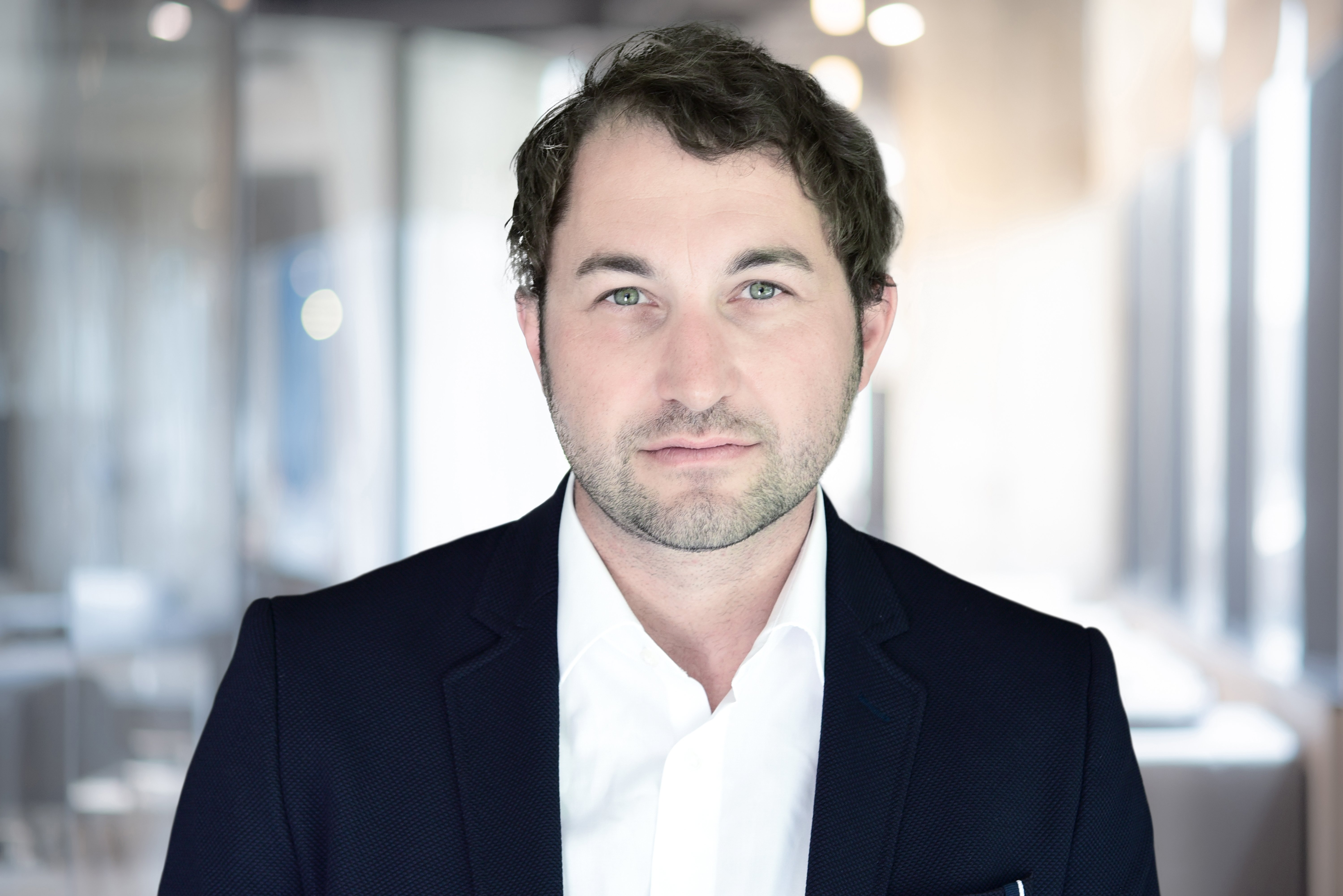May we introduce: Stefan Krautkrämer from FinTecSystems
Working in the FinTech sector is like coming and going, requires a high degree of professionalism in a thoroughly relaxed working environment and is above all characterised by innovations as well as good, clever and future-oriented ideas, according to the widespread consensus. But who are actually the brains and doers behind these creative thought processes, at the interface between finance, digital technologies and entrepreneurship? In our Series The faces of the FinTech industry we regularly ask a person from the payment and banking industry the same ten questions. This time Stefan Krautkrämer answers our questions.
May we introduce…
During our everyday work we meet exciting people who work in the same environment, who we meet only once or from time to time or who we have already grown very fond of in our private lives – each of them has a story of their own. We have a few of these People from our nearest FinTech environment to give them a face. To share why this industry is much more to them than just another way to pay their rent. We would like to briefly portray and introduce these people and their vita in a very special category and have designed a questionnaire that is always the same.
This time Stefan Krautkrämer answers our questions. Stefan is CEO & Co-Founder of the Banking API Provider FinTecSystems.
Who are you, what do you do?
I founded FinTecSystems GmbH together with Dirk Rudolf in 2014, FinTecSystems is specialized in open banking infrastructure and data analysis. FTS is the clear market leader in Open Banking in the DACH region. We provide access to over 6,000 banks and thus reach over 500 million end customers. More than 150 companies, including banks such as Santander, DKB or N26 as well as all national comparison platforms such as Check24, rely on our technology and data analysis.
What does a classic day in your life look like?
A classic procedure is something like this: In the morning, after a coffee, I get on my e-bike and cycle the ten kilometres to our office in Munich, which adds up to 3,500 kilometres a year. I’m also on “Fintech Mission” at least three times a week, for example with our customers in Berlin, Frankfurt, Hamburg, Vienna and Cologne. I always travel by train, I am the proud holder of a 2nd class Bahncard from Deutsche Bahn.

What were your first contacts with the payment and banking industry?
I first came into contact with banking and payment in 2005 and later, as COO, I built up the instant bank transfer system from the very beginning. This then became one of the first big success stories with an exit of over USD 150 million. When I started at SOFORT, which was then still called Payment Network, it was far from being an idea. I remember that I myself installed the DSL line in our first office to be accessible at all.
When did you first notice the word FinTech?
The first time I knowingly noticed the expression around our founding of FinTecSystems in 2014.
How do you define FinTech?
For me, the mistake lies in the word itself, because it should actually be called TechFin. In essence, it is all about all processes being handled digitally. So it would be to be expected that technology and IT would have to be named before the financial industry. But of course FinTech sounds better.
What do you think established companies do better than FinTechs?
The question implies that FinTechs cannot be incumbents. I see this differently and we are about to prove the opposite with FTS.
What can you learn from FinTechs?
Basically, mental flexibility, speed and “thinking big” in terms of customer orientation are the success factors for many FinTechs. This means the ambition to build products today for the day after tomorrow – and to be able to live with the fact that this product will not yet account for 80 percent of the current business. My conviction is that disruption only hurts those who hide from it. This courage to see change as something positive can certainly be learned from FinTechs.
“The courage to see change as a positive thing can be learned from FinTechs.”
Why do established (large) companies actually find it so difficult to go digital?
From my point of view, it is a big mistake not to consistently rethink projects in a new and therefore digital way. Because it is quite clear: If I have an established, semi-automated process and now expand it with a digital process, I will end up with two processes. FinTech’s build completely new models, exclusively digital. As a large company, one must consciously adopt a “digital only” or at least a “digital first” philosophy, preferably throughout the entire organisation. Erste Bank in Austria, for example, is an excellent example of who implements this philosophy.
What would you do professionally if you were not working in the payment and banking industry?
This is hypothetical, of course, but I’m sure I would always start up companies – no matter what industry.
What are you proud of?
I am very satisfied that we have initiated the topic of PSD2 and pushed it through to a successful conclusion. After all, we started the liberalization of the payment traffic market back then with the immediate transfer and have consistently pushed ahead with it.

We have made instant bank transfers in 11 countries and have also set up a full-service bank – something else to be proud of. The second big project I am proud of is that we have now also built up the second successful FinTech company;
Why aren’t there more women in the tech industry?
It is a very tech-heavy environment, it takes a little longer, we must not lose patience. I know and appreciate many tech women – and actively encourage them. However, it is not the gender that is more important, but that the best minds are working in this future-oriented industry – and they are not only men.
Which company would you like to work for one day?
At Deutsche Bahn.
Who would you like to have a beer with?
With every FinTech expert. But I’d prefer a Sauvignon Blanc.
